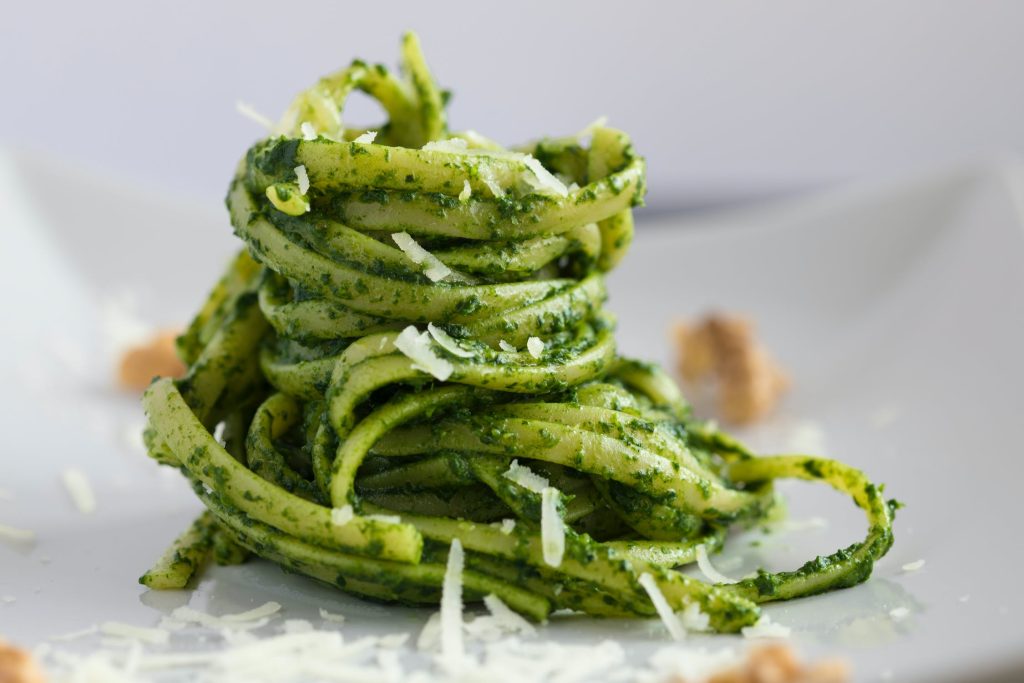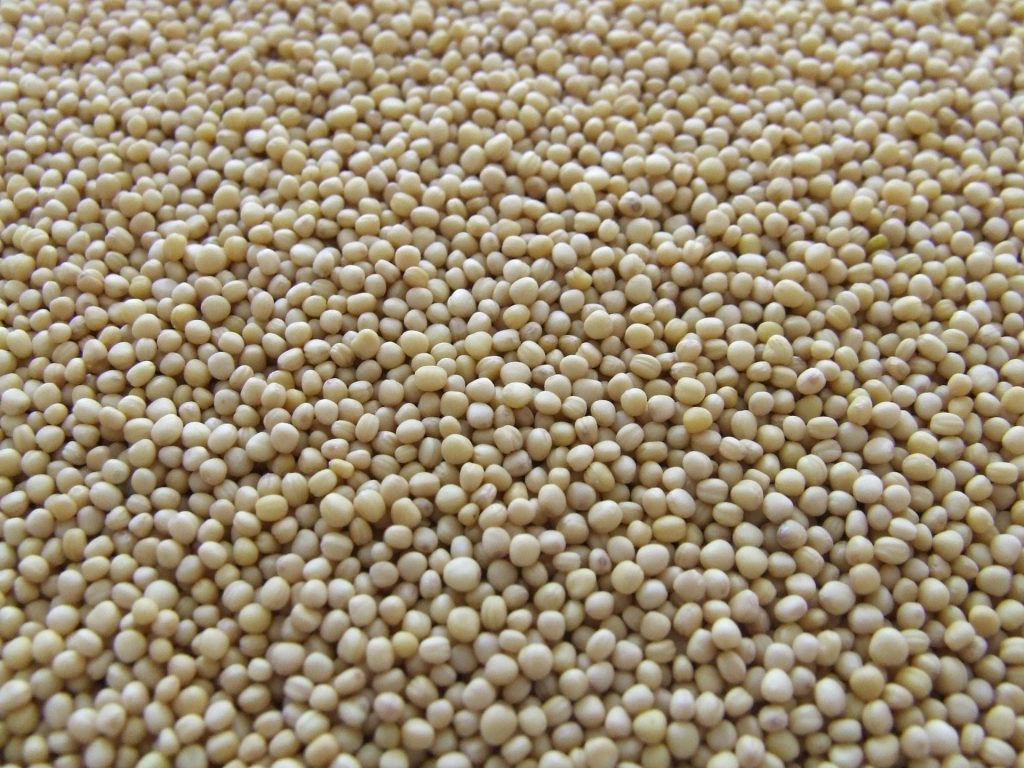Journey Through Italian Gastronomy: Pecorino Romano, Pesto, and Zolfini Beans
Pecorino Romano: An Ancient Cheese with Timeless Flavor
Pecorino Romano stands as a testament to the enduring legacy of Italian cheesemaking. Revered for its robust flavor and historical significance, this cheese has traversed centuries to captivate palates worldwide.
Originating in the heart of Rome, Pecorino Romano’s roots delve deep into antiquity, where it was lauded for its “vigor” and esteemed as a staple in the diet of Roman soldiers. However, its journey did not end there. In 1886, faced with prohibitions on salt usage for food preservation by the mayor of Rome, producers sought refuge in Sardinia. This strategic move marked a turning point, as Sardinia became the primary hub for Pecorino Romano production, with 97% of its craftsmanship now flourishing on the island, notably in the town of Macomer, home to the consortium for the protection of Pecorino Romano.
The year 1996 heralded a milestone for Pecorino Romano, as it attained DOP (Denominazione di Origine Protetta) recognition, a prestigious designation symbolizing its adherence to stringent quality standards and Italian culinary tradition. Renowned for its bold, spicy profile, Pecorino Romano reigns supreme as the cornerstone of iconic dishes like cacio e pepe and Amatriciana, infusing them with depth and character.
Every bite of Pecorino Romano DOP is a journey through time, a sensory homage to 2000 years of artisanal craftsmanship and gastronomic excellence.

Pesto: Crafting the Perfect DOP Sauce
Pesto alla Genovese, the crown jewel of Ligurian cuisine, embodies a delicate balance of tradition and refinement. Its revered status as a culinary masterpiece is underpinned by the meticulous selection of DOP (Denominazione di Origine Protetta) ingredients, each contributing to its unparalleled depth of flavor and aroma.
Crafting an authentic pesto begins with reverence for tradition. A stone mortar and wooden pestle form the sacred tools of this gastronomic ritual, preserving the essence of each ingredient with precision. Vessalico garlic, sourced from the fertile Arroscia Valley, provides the foundation, its subtle sweetness imparting a nuanced depth to the sauce. Next, basil from Genoa’s Pra region takes center stage, its tender leaves suffusing the air with an intoxicating fragrance unique to the Ligurian coast.
As the pestle meets the mortar, a symphony of flavors unfolds. Taggiasche olives‘ extra virgin oil, pine nuts, Parmigiano Reggiano, and Pecorino Sardo intermingle, their harmonious union elevating the sauce to sublime heights. For purists, adherence to tradition is paramount, with subtle adjustments made to accommodate regional variations and personal preferences.
Whether prepared in the hallowed confines of a traditional kitchen or amidst the hustle and bustle of modern life, pesto remains a timeless symbol of Ligurian culinary heritage—a testament to the enduring allure of simplicity and authenticity.

Zolfini Beans: The Regal Delicacy
Zolfini beans, revered for their unparalleled creaminess and delicate flavor, reign supreme as a culinary treasure of Tuscany. Known colloquially as “fagioli del 100” for their precise planting schedule—100 days after the start of the year—these exquisite legumes embody the essence of Tuscan gastronomy.
Nestled amidst the rolling hills of Pratomagno, zolfini beans flourish in the region’s fertile soils, their cultivation guided by centuries of tradition and expertise. Small, round, and pale yellow, these beans boast a remarkably creamy texture, earning them the moniker “burrino” beans—a testament to their buttery softness.
From classic dishes like ribollita to modern interpretations, zolfini beans offer unparalleled versatility in the kitchen. Once cooked in earthenware flasks over open flames, accompanied by simple yet flavorful ingredients like sage, garlic, and local olive oil, these beans continue to captivate palates with their rich flavor and velvety texture.
Indulge in the regal simplicity of zolfini beans, a culinary treasure cherished for centuries in the heart of Tuscany—a testament to the enduring legacy of Italian gastronomy.